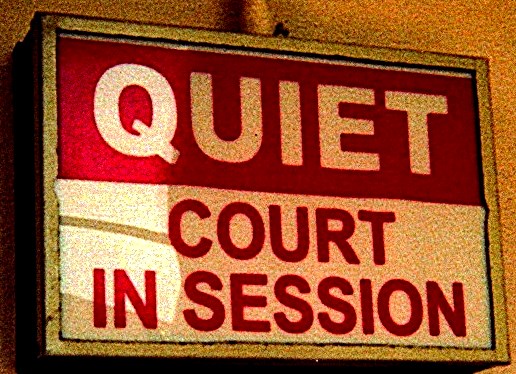Trevor Todd and Jackson Todd have over 60 years experience in litigating wills variation claims.
In wills variation cases now brought under S. 60 WESA , the judge has “entire discretion” in deciding pro or against a claimant on its findings of fact.
In Swain v Dennison 1967 SCR 7 the Supreme Court of Canada held that the jurisdiction of the court in such claims is statutory, not founded in equity and the entire jurisdiction of the court is discretionary.
Within reason the court can make findings of fact in its discretion which makes it very difficult to appeal since the appeal court would have to substitute its own findings of fact in place of the trial judge unless the appeal court finds that the trial judge did not give sufficient weight to relevant factors.
The BC Appeal court in Kish v Sobchak and Doyle 2016 BCCA 65 stated the following about the courts proper use of discretion:
33. The line between the exercise of judicial discretion and the finding of facts is not easy to enunciate. For purposes of this case, I respectfully adopt Lord Bingham’s description of judicial discretion given in The Business of Judging: Selected Essays and Speeches(2000):
According to my definition, an issue falls within a judge’s discretion if, being governed by no rule of law, its resolution depends on the individual judge’s assessment (within such boundaries as have been laid down) of what it is fair and just to do in the particular case.
He has no discretion in making his findings of fact. He has no discretion in his rulings on the law. But when, having made any necessary finding of fact and necessary ruling of law, he has to choose between different courses of action, orders, penalties or remedies he then exercises a discretion. It is only when he reaches the stage of asking himself what is the fair and just thing to do or order in the instant case that embarks on the exercise of a discretion.
I believe this definition to be broadly consistent with the usage adopted in statutes. [At 36; emphasis added.]
Lord Bingham also explains that fact-finding is not “discretionary”, although some judges have described it as such. In his words:
… it is one thing to say that the responsibility of finding the facts is entrusted to a particular person or body, be he judge, arbitrator, official or public authority, and that such finding is to be treated as conclusive or virtually so. But it is quite another to describe that function as discretionary. It is, I suggest, nothing of the kind. In finding the facts the judge’s job is to consider all the conflicting evidence this way and that and decide as best he can where the truth lies. It is very much the task performed, for instance, by the historian or the journalist as part of his stock in trade. The judges of course are constricted by formalities and rules of evidence which do not afflict them. On the other hand, he has powers of compelling testimony which they would envy. It is none the less essentially the same function. Yet to say of a historian or journalist that he exercised a discretion in reaching conclusions of fact would, I suggest, be regarded as a libellous. The judge must exercise judgment, not discretion, in finding the facts, and it is usually the most difficult and often most exacting task which the civil trial judge has to undertake. [At 37; emphasis added.]










